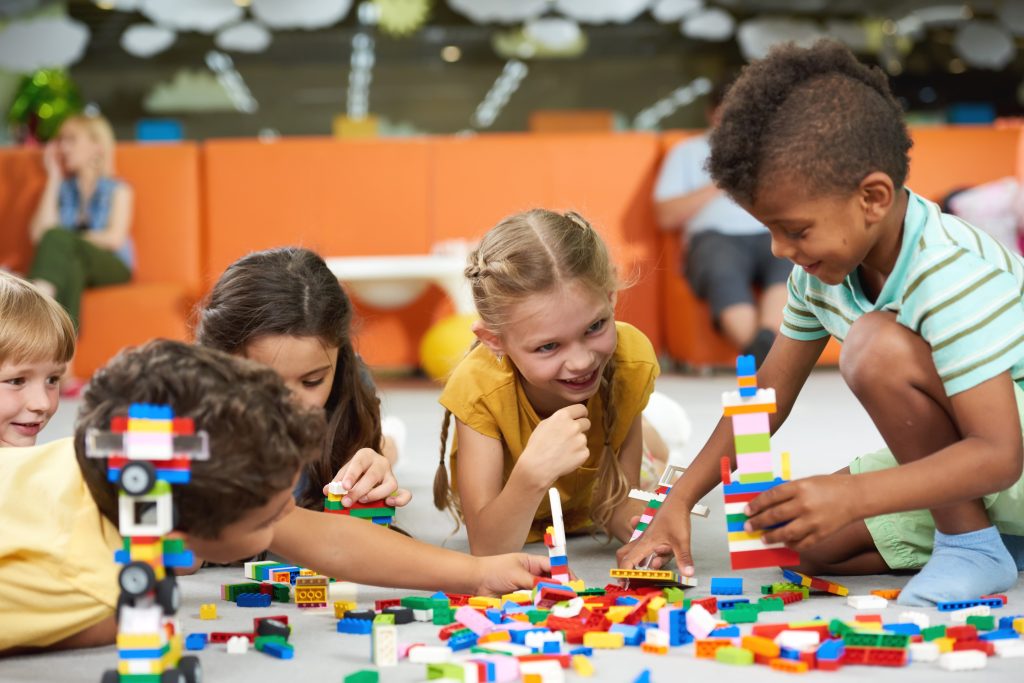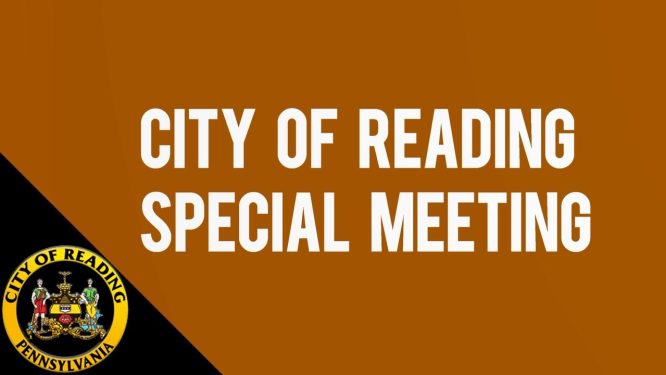Pennsylvania ranks in the middle among states for the well-being of its children. It is 22nd overall in the new Kids Count Data Book from the Annie E. Casey Foundation.
Kari King, president and CEO of Pennsylvania Partnerships for Children, said it is important to note the state has not seen much progress. Pennsylvania ranks 20th in terms of kids’ health.
King emphasized lack of health insurance is a concern, since about 4%, or 126,000 kids in the Commonwealth, do not have access to affordable health coverage.
“While the Data Book does show some improvement for Pennsylvania in terms of our insurance rate, that really is as a result of public coverage options that have been offered through the COVID-19 pandemic,” King reported. “We saw a lot of kids being covered by Medicaid and CHIP because, during the pandemic, we had continuous coverage.”
But Medicaid’s continuous coverage ended in April, and the Department of Human Services is currently going through a process to see who is still eligible. King’s organization is among those concerned it will mean an uptick in children who are uninsured.
King pointed out access to child care is essential for working parents and plays a critical role in supporting child development. The Data Book found too many parents cannot find child care they can afford and fits their schedules. She added women are five to eight times more likely than men to experience negative employment consequences related to child care.
“The Data Book reports that in 2020 and 2021, 12% of children birth to age five in Pennsylvania lived in families where someone had to quit, change a job, or refuse to take a job because of problems associated with child care,” King observed.
Her group is part of a campaign called “Start Strong PA,” focused on high-quality child care.
Leslie Boissiere, vice president of external affairs for the Annie E. Casey Foundation, said nationwide, child well-being has declined a bit overall, and in terms of education, three of four indicators are worse.
“In particular, in the area of education, we’ve lost significant gains on third-grade reading, as well as math proficiency by eighth grade, as well as the number of three- and four-year-olds who are enrolled in pre-Kindergarten and Kindergarten,” Boissiere outlined.
Boissiere pointed to another troubling trend: an increase in the number of deaths of children and young people, primarily due to suicide and gunshot wounds. She added states must pay greater attention to the decline in kids’ mental health.




